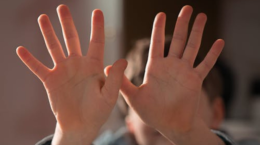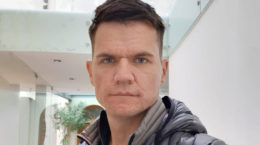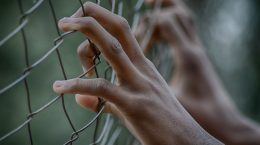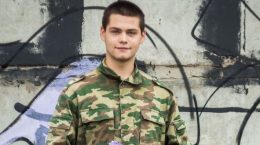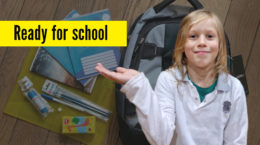Children in detention, like their peers at liberty, need education and extra protection. But the reality is that children behind bars go through tortures, rights violations and forced slaver labor.
Every single day in Belarus we see new arrests, courts continue to pronounce sentences, and it’ not surprisingly that a training class was opened in Gomel remand prison . It is used to teach minors who are under investigation.
The right to education belongs to a set of fundamental human rights and freedoms. It is enshrined in the Universal Declaration of Human Rights and, of course, in the Convention on the Rights of the Child, adopted by UN General Assembly Resolution 44/25 of 20 November 1989 (Article 40) and ratified by the Decision of the Supreme Soviet of the Belarus SSR of 28 July 1990. “On Ratification of the Convention on the Rights of the Child” (Vedomasti Vyarkhovnogo Sovet of the Belarus Soviet Socialist Republic, 1990, No. 1, art. 7). Entry into force: 2 September 1990, pursuant to Article 49.
Nash Dom wrote a year ago that children in conflict with the law do not cease to be children because of their sentence. Education would help them both adapt to life after prison and keep up with their peers.
And here is the seemingly positive news about the opening of a classroom in a pre-trial detention facility… Meanwhile, according to Olga Karach, director of the Belarusian human rights organization “Our House”:
“It doesn’t indicate humanization in the punishment field, contrariwise, it’s evidence that the number of pretrial underage detainees is increasing. substantially. Furthermore, the time spent in pre-trial detention is increasing. If a young person is found to be innocent, the school years are taken away from his/her life. As a result, minors ether will be forced to finish their studies isolated from their peers or they will not be able to finish his studies at all and, hence, will be forced to do low-skilled and low-paid work.
Democracies try to minimize the need for extreme measures to restrict a child’s freedom. Moreover, child’s rights for health care, education, absence of both humiliation and personality injury risks are considered with respect . Non-observance of the international norms are practically mandatory attribute in the Lukashenko regime’s system of punishment.
Especially, it should apply to those children whose guilt has not been proven. As Olga Karach emphasises:
“There are three categories: the largest group is Children 328, the second largest grouping includes political prisoners and the smallest category – those minors who have committed robbery, murder or other offences. But as long as their guilt has not been proven, and even afterwards, children remain children, even though they don’t realize it themselves. Minors should study and be able to take exams. Parents of children who have not yet been convicted are particularly worried about this. After all, a child may spend up to two years in pre-trial detention. There are, of course, examples such as these. As practice shows, it’s practically impossible for acquitted child to catch up with the school program”.





